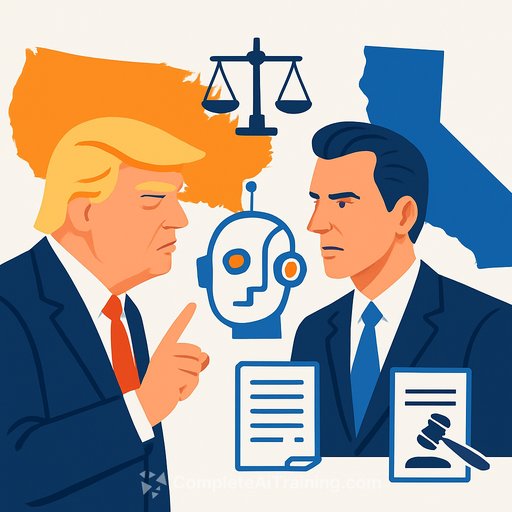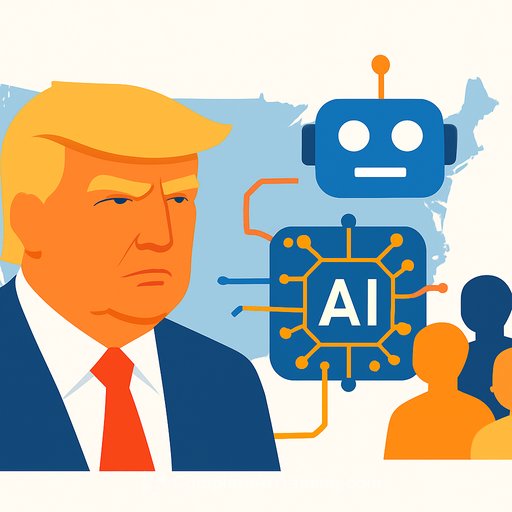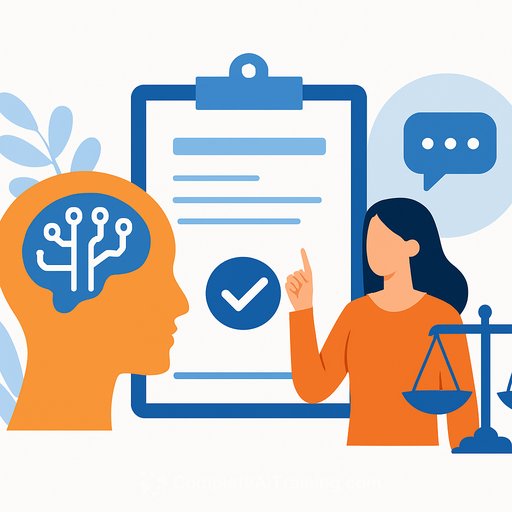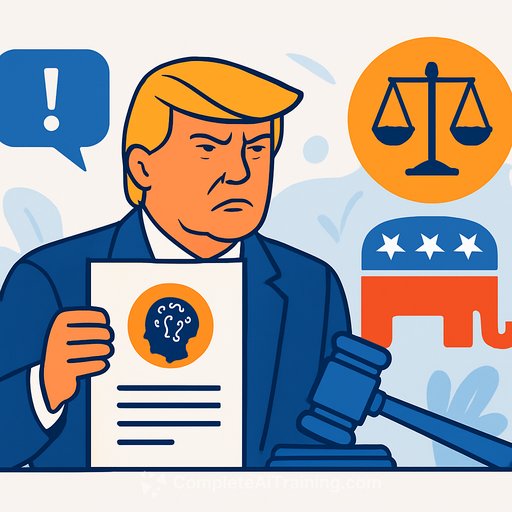The Current Legal and Research Status on AI and Psychotherapy
Recent legislation in Illinois has made it clear: humans remain essential in psychotherapy. The state’s new law, HB1806, prohibits the use of artificial intelligence in making psychotherapeutic decisions and delivering psychotherapy. This law, known as the Wellness and Oversight for Psychological Resources Act, applies to licensed professionals and permits AI only for administrative tasks. Similar laws have been passed in Nevada and Utah, though some critics argue enforcement is lacking.
The core reasoning behind these laws is that human therapists can interpret nonverbal cues and uphold ethical standards in ways AI currently cannot. There are concerns that AI might provide inappropriate responses or risk patient confidentiality.
Human Therapists vs AI: Evidence from Recent Research
A recent study published in the American Journal of Psychotherapy compared human therapists to ChatGPT-3.5 in delivering cognitive behavioral therapy (CBT). The findings showed a clear preference for human therapists. About 29% of participants rated human-delivered CBT as highly effective, while only 9% gave the same rating to AI. More than half of the subjects felt the human therapist’s agenda was superior, nearly double that of the AI.
Participants described AI as less personalized and more rigid, highlighting current limitations in AI’s ability to adapt to individual patient needs. Even so, the study noted that human therapists also have room for improvement, suggesting potential benefits in combining human expertise with AI tools over time.
Implications for Legal Professionals
For legal professionals, these developments emphasize the importance of clear regulations around AI use in healthcare, especially in sensitive areas like mental health. Laws like Illinois’ HB1806 set a precedent for protecting patients by ensuring that therapeutic decisions remain under qualified human oversight.
As AI technologies continue to evolve, legal frameworks will need to keep pace to address ethical concerns, data privacy, and accountability. Monitoring enforcement and defining boundaries for AI applications in therapy are key challenges ahead.
For those interested in AI’s broader applications and legal considerations, exploring specialized AI training and certification courses can provide valuable insights. Resources such as AI certifications for ChatGPT offer practical knowledge on responsible AI use.
References
- Wu D. Illinois bars AI therapy as some states begin to scrutinize chatbots. Washington Post. August 12, 2025. Accessed August 22, 2025. https://www.washingtonpost.com/nation/2025/08/12/illinois-ai-therapy-ban/
- Acevedo S, Aneja E, Opler DJ, et al. Evaluating the efficacy of ChatGPT-3.5 versus human-delivered text-based cognitive-behavioral therapy: a comparative pilot study. Am J Psychotherapy. 2025. Online ahead of print.
Your membership also unlocks:






